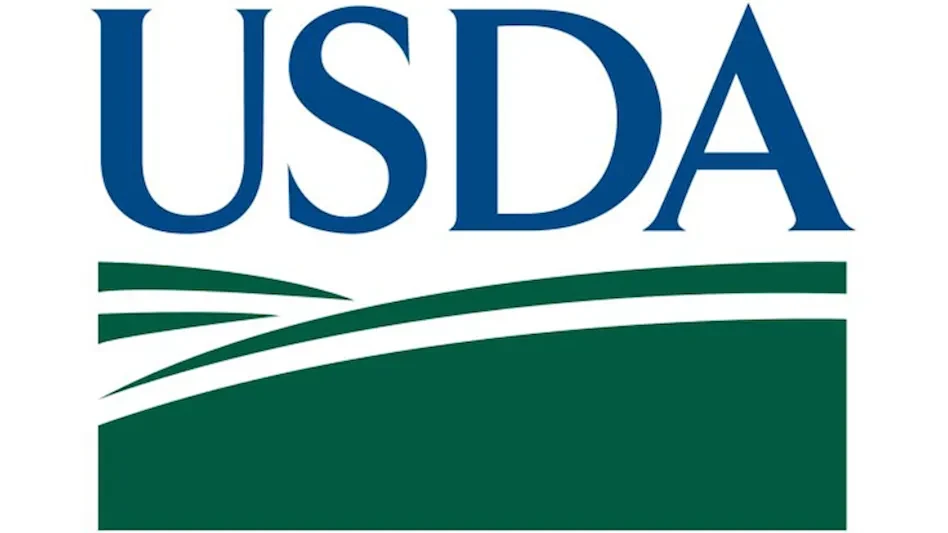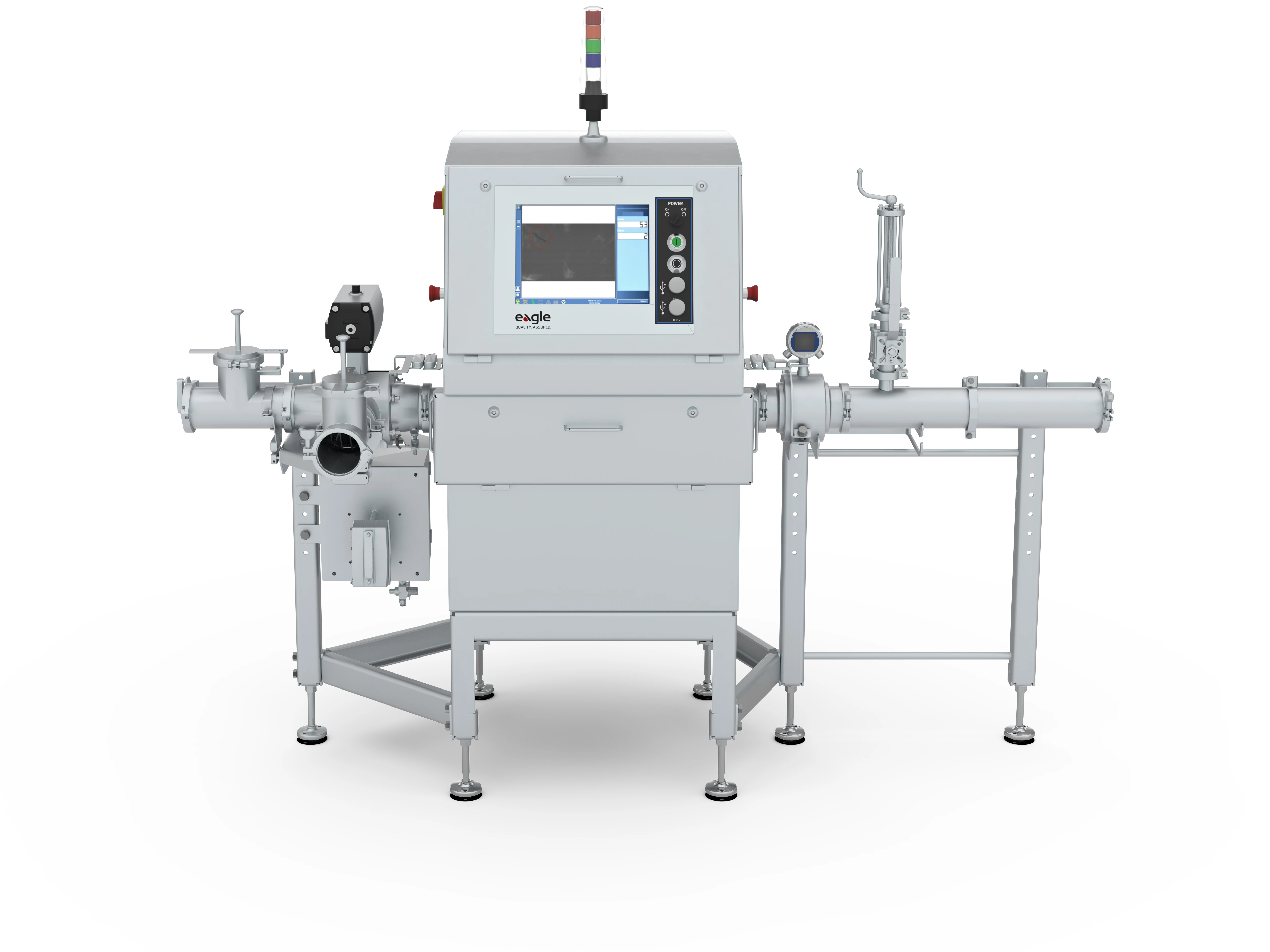
InstantLabs is adding two additional salmon identification tests to continue the expansion of the company’s growing product line of food safety and seafood fraud prevention tools.
The new salmon tests – for Chinook (Oncorhynchus tshawytscha) and Sockeye (Oncorhynchus nerka) – allow InstantLabs to offer fast, reliable species identification for the four most popular salmon. InstantLabs has previously launched test kits for Atlantic (Salmo salar) and Coho Salmon (Oncorhynchus kisutch). This allows distributors, food processors and government regulators to positively identify the salmon species in under two hours.
Developed in conjunction with the University of Guelph, these new test kits will be offered as part of the InstantLabs’ InstantID Species product line. The company’s offerings include identification tests for Atlantic Blue Crab (Callinectes sapidus) and U.S. Catfish (Ictalurus species), as well as offerings for pork (Sus scrofa) and horse (Equus) species identification. These kits are available for use on the Hunter® platform, or other PCR instruments.
“These new tests help us serve a greater customer base within the global seafood industry,” said Steven Guterman, InstantLabs CEO. “We believe the speed and simplicity of our system will protect consumers, help processors and combat the accelerating international problem of seafood fraud.”
InstantLabs’ Hunter instrument combines accuracy, speed, and ease-of-operation into a compact portable system. The system can be used for both species identification and food pathogen detection, delivering results quickly, thereby allowing seamless integration into food industry firms’ processes and facilities. InstantLabs’ DNA-based technology provides accurate species verification in hours at the point-of need rather than requiring samples be sent to centralized labs for sequencing, which often leads to a delay of one to two weeks.
Latest from Quality Assurance & Food Safety
- AFDO to Award Scholarships in Food, Drug and Product Safety Studies
- Revisit QA’s Top 10 Most-Read Articles of 2024
- USDA Seeks Nominations for Membership on Food Safety Advisory Committee
- California Declares State of Emergency in Response to Bird Flu Outbreak
- Nelson-Jameson Announces New Pennsylvania Distribution Center
- FDA Finalizes Updated ‘Healthy’ Nutrient Content Claim
- New Study Examines Kaempferol's Role in Taming Allergic Responses
- Will Bird Flu Be the End of Holiday Traditions Like Eggnog?





